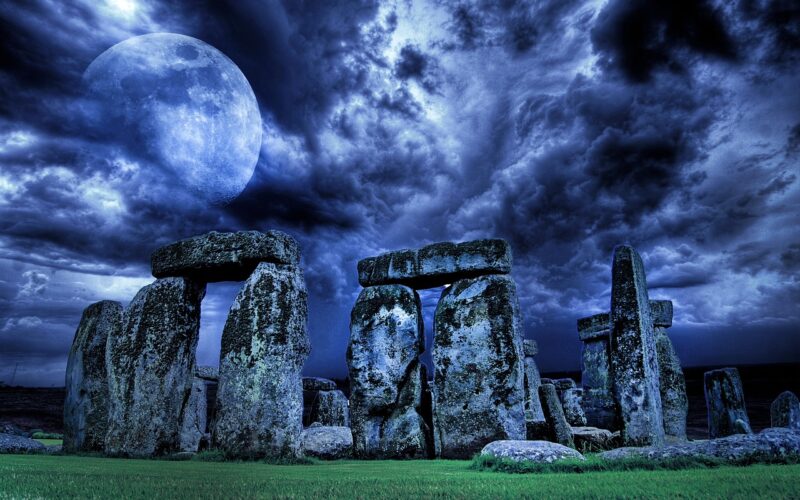“Faith, hope, and love, these three. But the greatest of these is love.”
Paul wrote these words to the church in Corinth — or, to be more accurate, wrote in the original Greek: “Nyni de menei elpis agape ta tria tauta meizon de touton he agape.” This agape has become the subject of much discussion in theological circles. Is it the highest form of love? What does it mean when contrasted with the other “loves” presented in the Bible: eros, often used in the context of marriage; philostorgos, a less common articulation often used to describe familial bonds; and philia, frequently used when describing friendships?
These discussions are driven by a desire to understand the teachings of Christ and his apostles. A reasonable exploit, given that most of types of loves surface in New Testament epistles or sermons, designed to be instructive. To help deepen our understanding and live as faithful disciples, we often follow our reading with a clarifying question: Are we doing this love thing right? I have heard numerous modern-day sermons that attempt to offer an answer, unpacking Biblical love language in an effort to make Christian living more, well, “correct.”
But there’s a problem with the premise. The motivation to do love right is rooted in control: “I want to guide my use and acceptance of love.” True love, however, as Dietrich Bonhoeffer so plainly articulated, is radically free. It functions without our guidance or direction. We start to capture this with modern turns of phrase: We “fall in love,” and when we say “I love you,” it is not so much a conscious and intentional willing of love into being, but an acceptance that love has made itself happily known. Put another way (according to C.S. Lewis theology): “To love at all is to be vulnerable.” And, to some extent, without a basis of reason. From Paulo Coehlo: “One is loved because one is loved. No reason is needed for loving.”
Our look to the Bible for instruction on how to love, then, is constricting. Love will be what it is, function as it does, and enter into our lives as it wills without our Machiavellian attempts to control it. Yes, we can choose to ignore it, repress it, deny it. We can even attempt (futilely) to select the type we display and share, artificially shifting our behaviors into what we deem as more “appropriate” love in the moment. But this never really works. Love, by its own expression, simply finds another avenue into our existence. Biblical instruction and rationality be damned.










